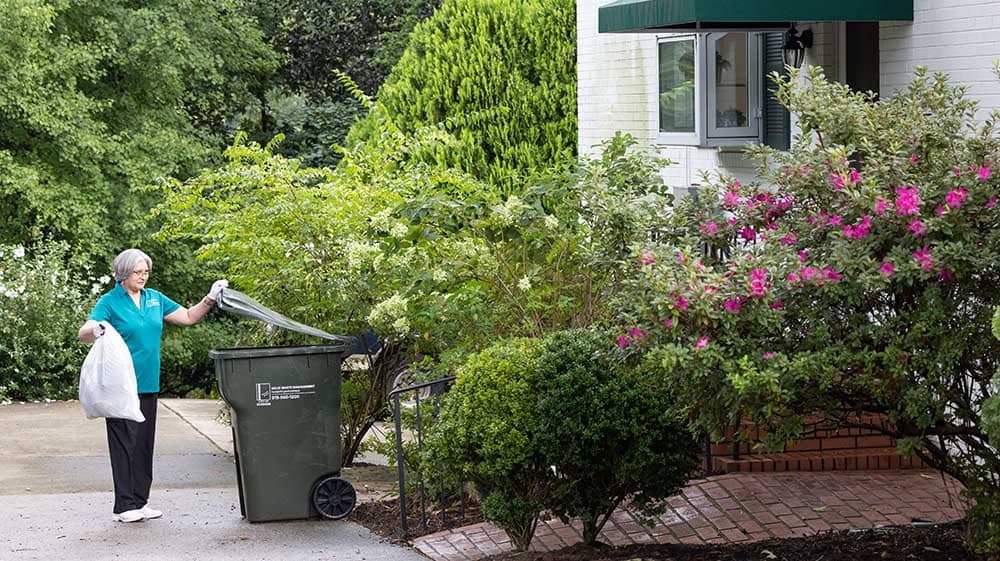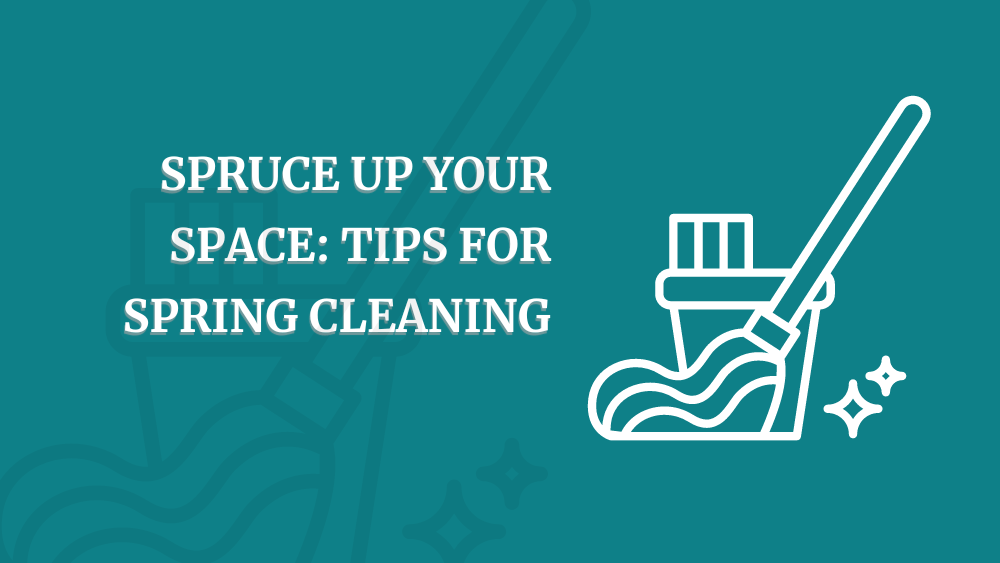

9 Tips for Helping Your Elderly Loved One Reduce Their Clutter
Ours is a consumer culture built on acquiring things as we go through life. Whether through gifts, purchases or inheritance, our material possessions can be overwhelming. But when is enough, enough? By the time we near retirement and even beyond, holding onto a lifetime of stuff can result in a clutter issue that impacts the quality of life. So, how can you help your elderly loved one?
One Person’s Trash Is Another Person’s Treasure
What constitutes clutter is subjective. It may take a spouse, sibling, other family member, friend, or professional caregiver to recognize when living conditions have gotten unsafe or unhealthy due to excess stuff. Too much clutter can pose tripping and falling hazards, start pest infestations, impair air quality, and pose fire dangers. If clutter blocks entrances and exits, it can hinder home emergency escape or response.
Clutter is not the same as hoarding, which is a rare psychological disorder whose extreme expressions make even navigating a room or staircase a challenge. For hoarders, the mere thought or suggestion of removing things causes real distress.
The Time To Declutter Is Now
While few people are true hoarders, having clutter is quite common, especially for seniors who have spent decades accumulating the artifacts of a lifetime. Aside from potential health and safety issues, having so much under one roof poses other issues. Start with the fact that many seniors think about downsizing or moving into assisted living. That can mean sorting through a mountain of stuff they can’t take with them. Even seniors in good health can find the process a physical and emotional challenge. It’s much harder for seniors in poor health.
Make a Plan
Decluttering often becomes the job of adult children. Without a plan, it can cause conflict and frustration. Getting help, whether from a trusted friend, family member or professional, can help ease the task of paring down possessions to the essentials.
Be Sensitive to Feelings
It’s important to be sensitive to the fact that feelings and memories are attached, which is why it can be hard for seniors to part with certain things. Being surrounded by familiar items can be a source of comfort. But as people age, visual acuity, mobility or cognitive impairments can make maneuvering through things, much less sorting them, a challenge.
Talk It Through
An adult child concerned about a senior’s clutter should begin a conversation about dealing with it without sounding judgmental, condescending or confrontational. When broaching the subject, keep in mind that what looks like meaningless clutter to you may hold value, at least emotionally, to your elder. Therefore, avoid trigger words and phrases like “junk,” “clutter,” “mess,” “trash,” “garbage,” “dumping,” “throwing out,” or “getting rid of.”
Experts suggest trying an approach like asking, “Have you thought about what you might want to do with your things?” Often, parents are under the impression they’re saving things for their children to take, when in reality, the children may not want them. That’s why it’s vital to talk about specific items. When a parent realizes family may have no interest in items, they may be open to questions like, “What do you think about donating it so someone else can enjoy it?” or “Would you like me to take this off your hands?”
9 Tips To Help Your Decluttering Project
Once a senior gives the go-ahead to declutter, jump right in before they have second thoughts. Just be sure you communicate with your loved one so both of you completely understand what is going and what is staying, so nothing truly valuable or meaningful is lost or discarded in the shuffle.
How Right at Home Can Help
Right at Home offers in-home care for seniors as they age, including light housekeeping, meal preparation, and assistance with hygiene and mobility. Our professionally trained caregivers can be the “eyes and ears” in the home to help reduce trip hazards and the risk of falls. Find out more by contacting the office nearest you. And get more tips by downloading our Fall Prevention Guide today.







